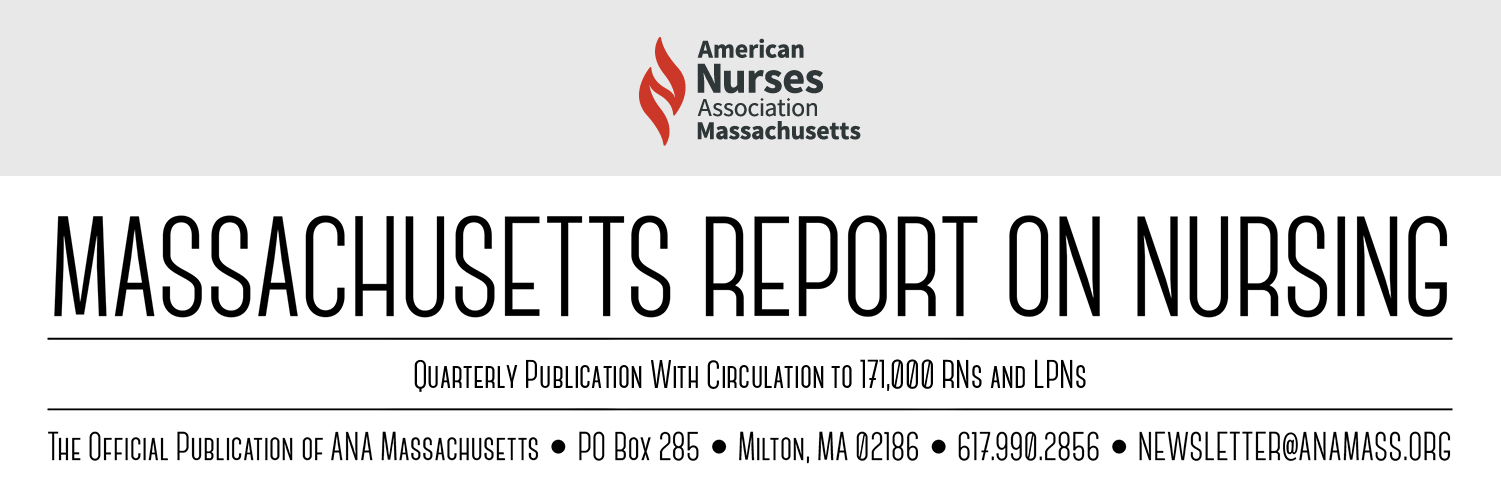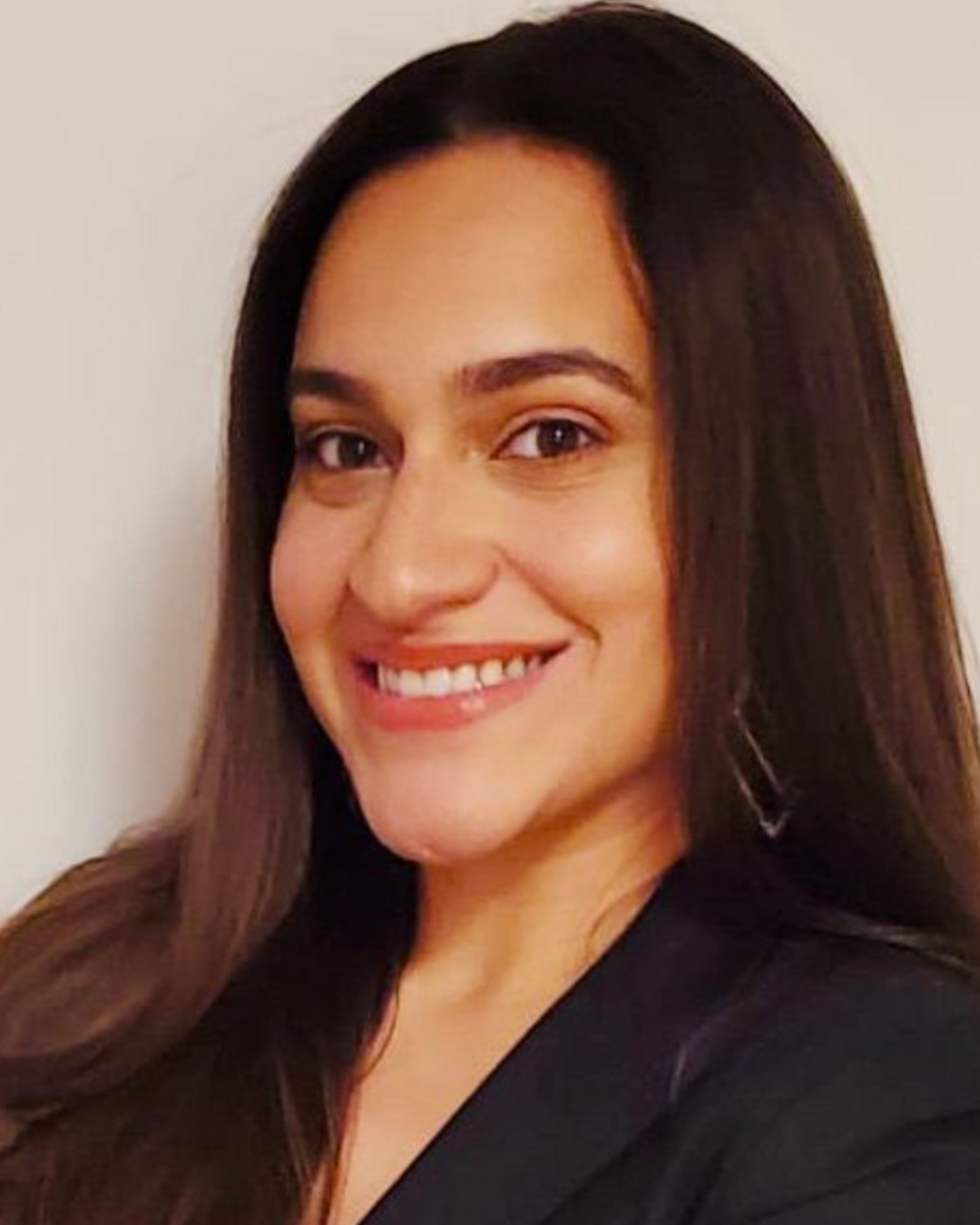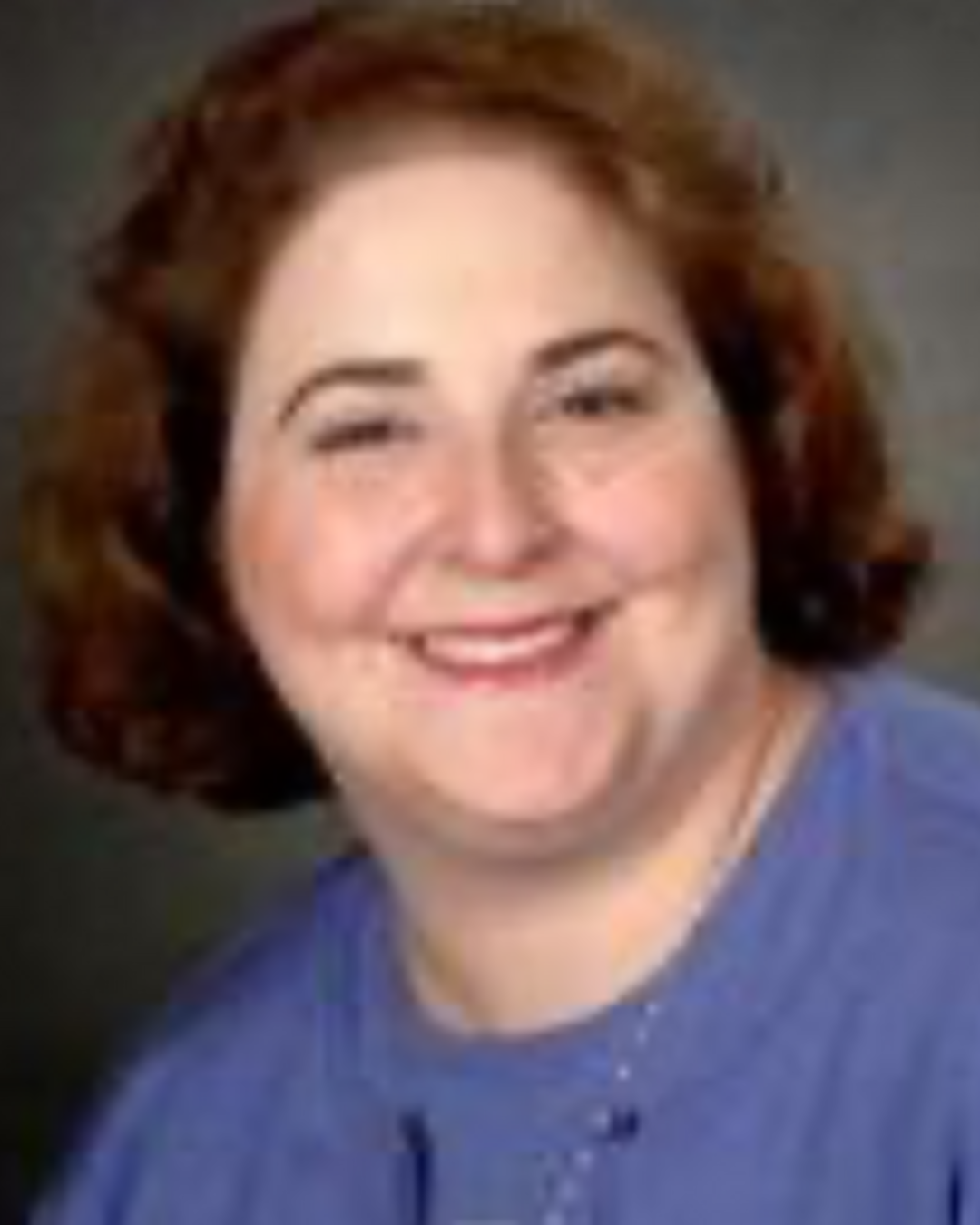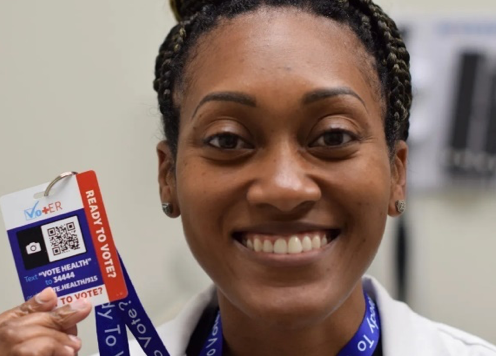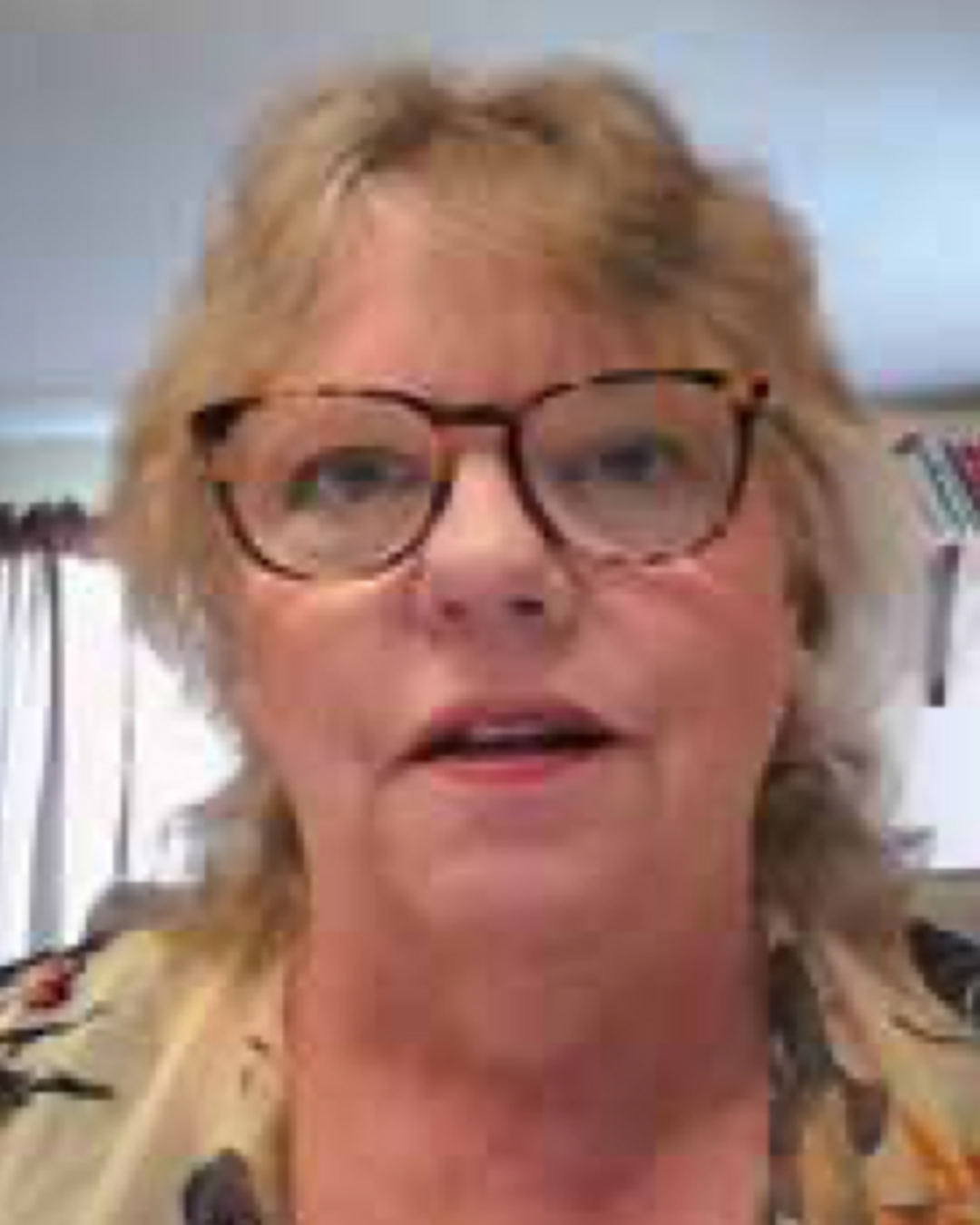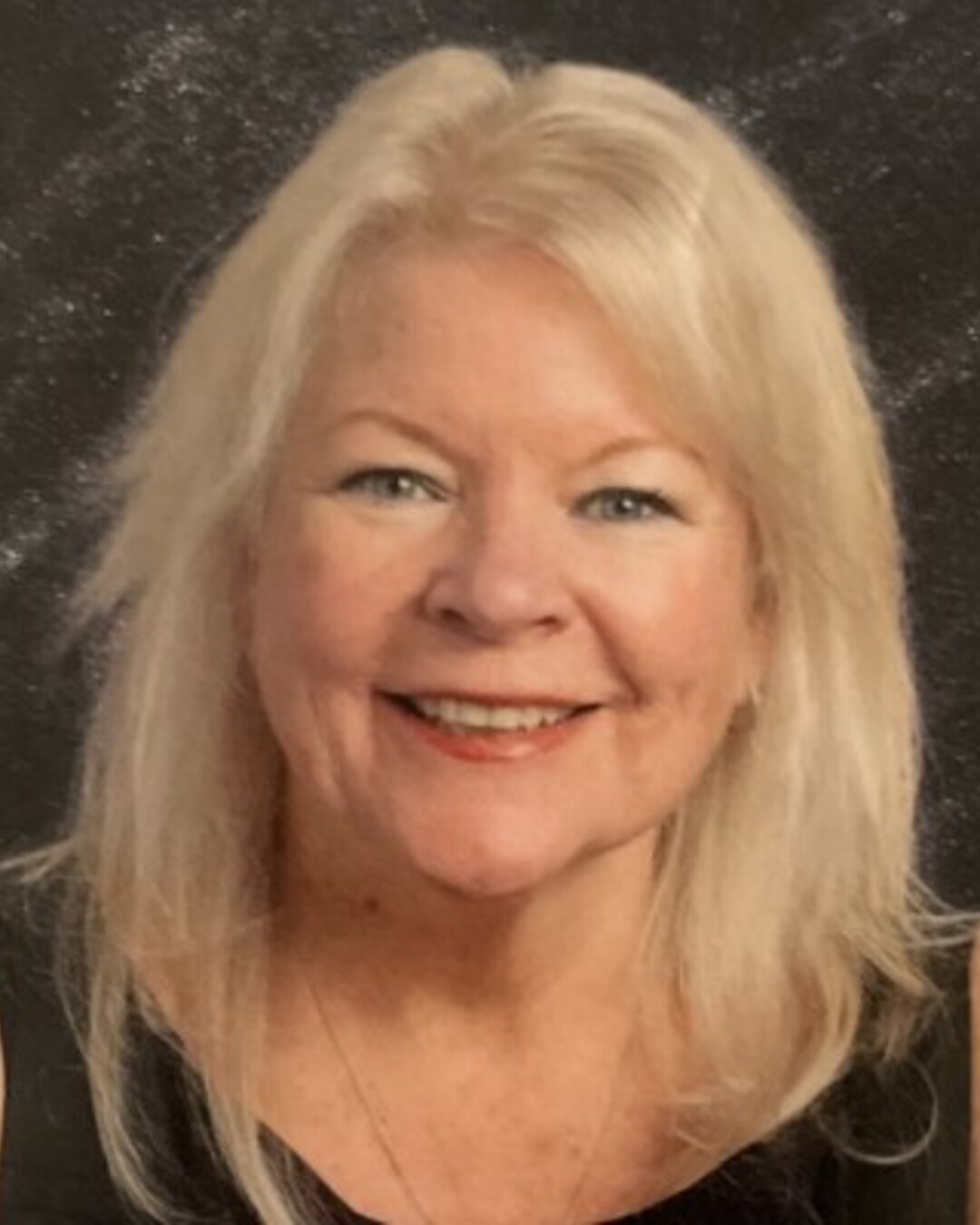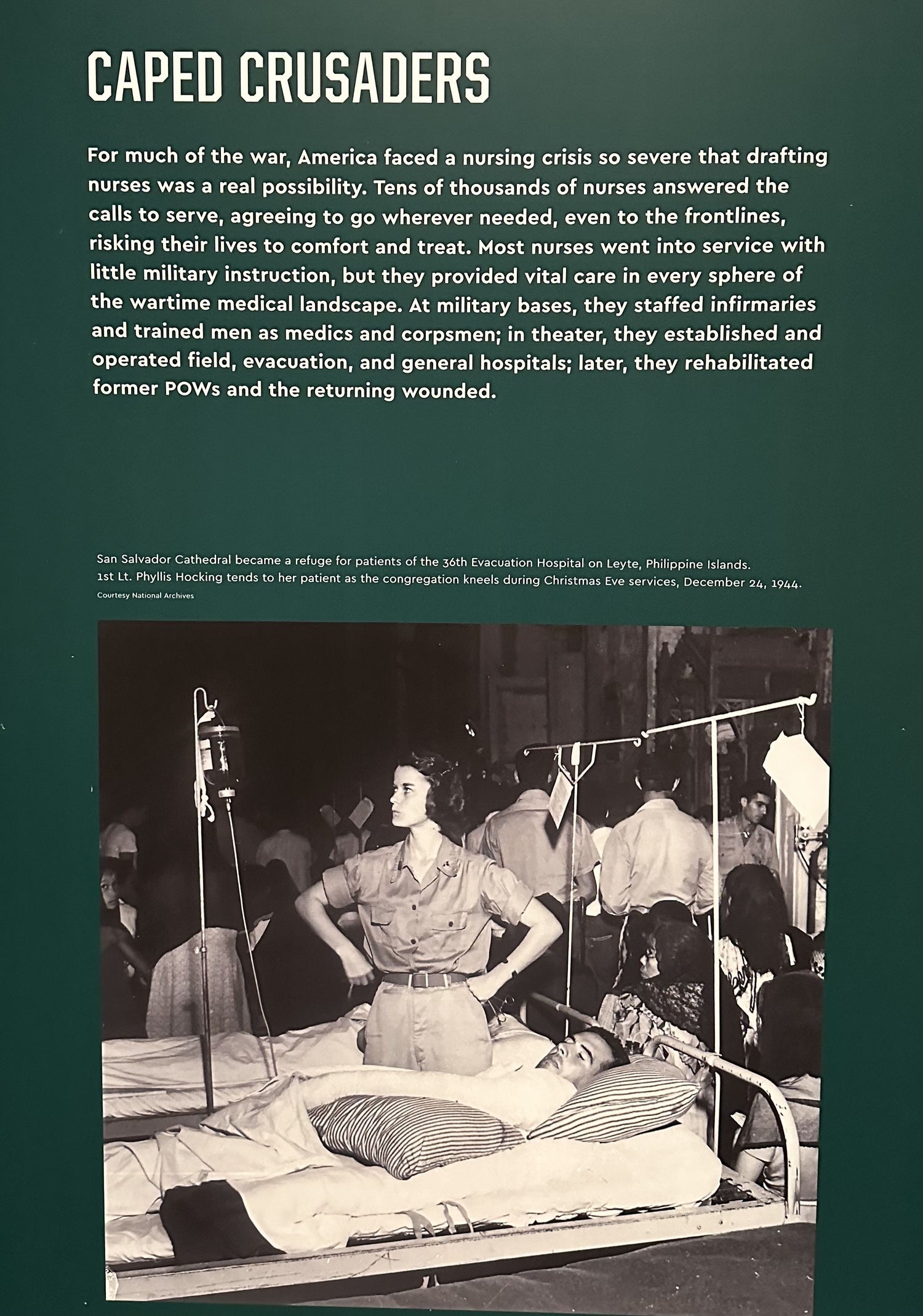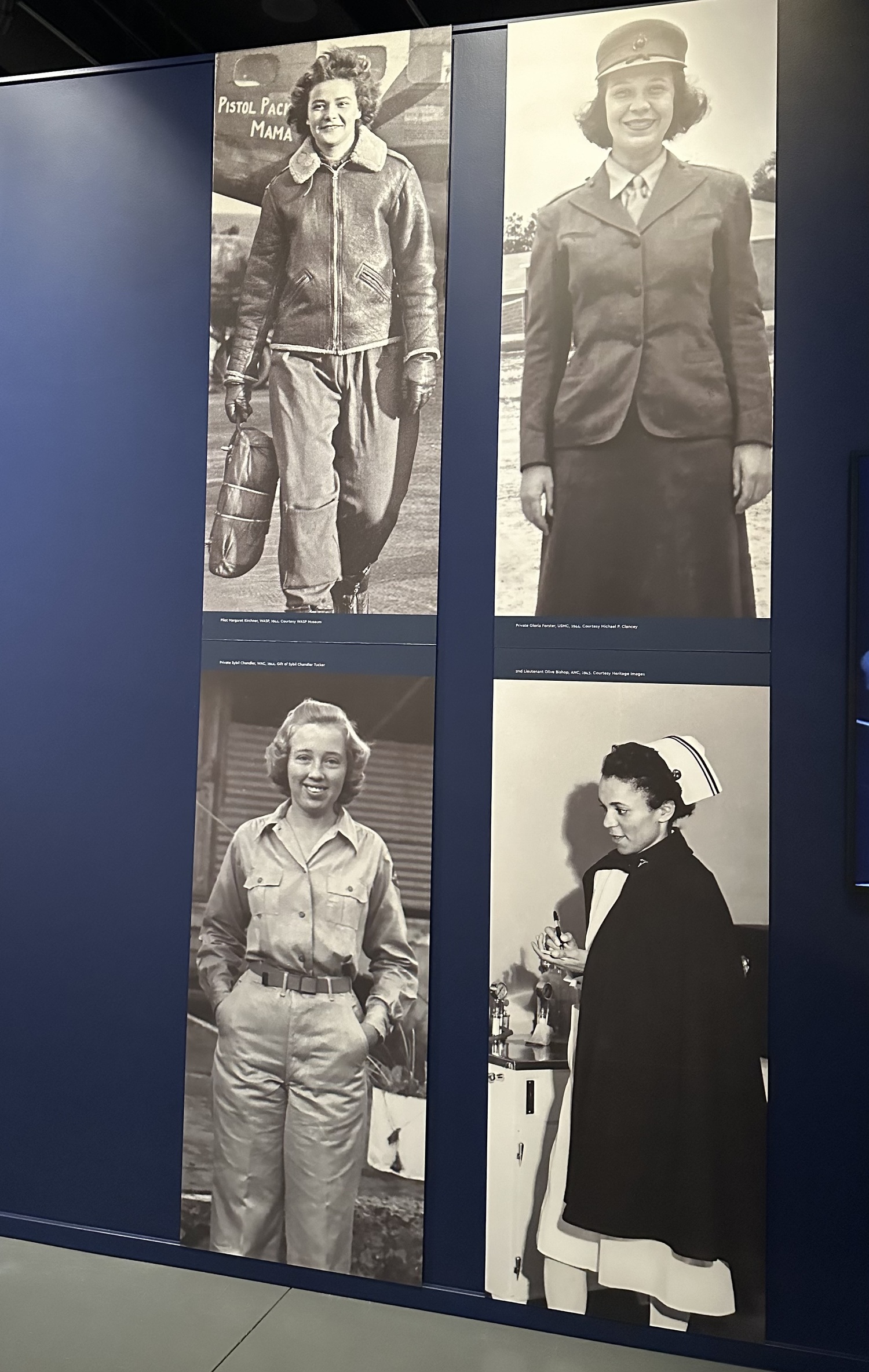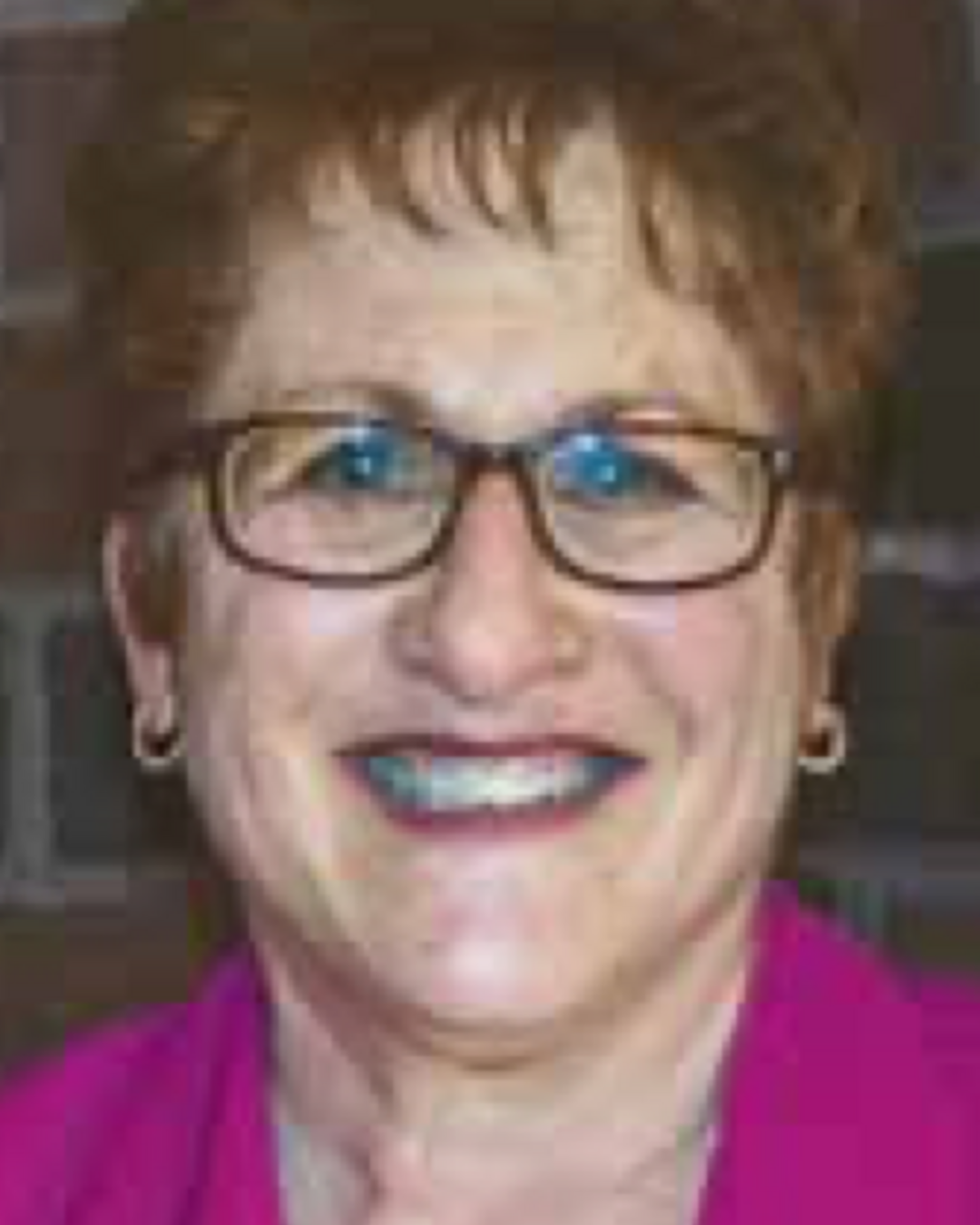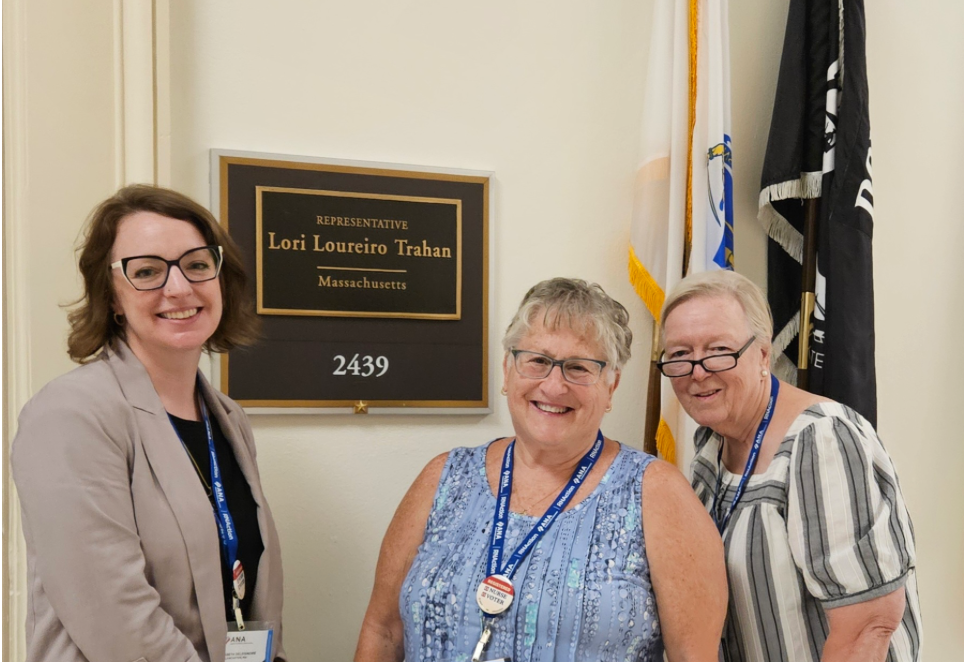A Salute to Nurses is the result of an invitation to submit letters of appreciation for the care received from nurses for a special section of the Boston Globe that would be published for Nurses' Week. The Salute subtitled "The heart of health care" containing letters from patients, family members, colleagues, and supervisors, was published on May 5, 2024. Nominees worked in hospitals, programs such as Health Care for the Homeless, visiting nurse associations, health systems, home care associations, correctional institutions, educational programs, and other programs and facilities. Nurses have been known to be caring and compassionate. Other characteristics of the nominees that have been noted by the letter writers as attributes of outstanding nurses are the subject of this article.
Nursing knowledge and the provision of the safest care was noted as bringing comfort not only to the patient but to nursing colleagues, physicians, and "technologists". Nursing knowledge is a characteristic of the individual whereas the provision of the safest care may be described as an action by the nurse. In this paper both characteristics of the nurse and the actions that were appreciated by the letter writers will be discussed. The first part of this paper will focus on what nurses do that make them special to the patient.
The nurse as a facilitator of care was noted in the following: "cultivates an environment where each individual feels valued, heard, and genuinely cared for". By doing this, the patient feels less alone in an alien environment. Given the feeling of loss of control over what is happening to their body, such an environment can reduce some of the stress about what is happening and what may yet occur.
When the patients have memory issues, care has its' own challenges. And as was seen in another letter, the building of a relationship between nurse and patient can result in the patient moving from self-isolation to interaction with other patients, family members, and staff. It may also mean accepting changes in memory and teaching family members to focus on other attributes that contribute to communication with their family member/ patient.
The alertness to subtle changes in the patient's condition can demand further investigation to identify the cause of the change and/or prevent a mishap. One writer related that a nurse (literally) caught a patient falling during an episode of syncope. Had the nurse not maintained such attention, the patient may have been injured. This awareness demands knowing the patient's usual parameters in order to detect the change. Constant awareness of the patient is not just what is done to resolve issues infringing on a patient's well-being but as illustrated by this example, what is done to maintain the patient's safety.
Awareness of the patient as an individual may also entail talking with them about their favorite topics depending on the patient's preference as to whether to engage in such small talk. As was noted by letter writers, such interaction is appreciated.
Nurses go above and beyond simply because they see a need and take responsibility for addressing it. In one letter, a patient who was to be discharged had lost his shoes. After checking with various hospital units for the missing shoes, she went to a store after her12-hour shift was completed and purchase some slippers so that the patient would have covering for his feet on the rainy day of his discharge.
Emotional Support expressed physically with a hug was the last thing one letter writer recalled before she had a procedure. Consider what that supportive gesture given by a nurse who had caregiver relationship would mean to a patient being anesthetized for an invasive procedure. It's what a relative would do were they in that position. And the nurse is related to the patients for whom they care. The hug was much appreciated by the letter writer.
Nurses are not the only ones who have goals for the care they render. Helping patients meet their own care goals such as stopping smoking illustrates the broader emphasis on the importance of teamwork in relinquishing unhealthy behaviors. Families may also have healthcare goals for their children who are patients. Having the nurse as a liaison from the family to and from other team members enhances the achievement of family goals and eases the burden for the family of obtaining relevant information.
Health-care providers focus on their patients. The continuing well-being of a patient after discharge to greater and lesser degrees depends on the people who provide support to the patient including family members, friends, neighbors and in some cases the nurses who cared for the patient in the hospital. These nurses view their roles as care providers encompassing continuing education and support, thereby filling a gap that unfilled might result in rehospitalization.
An important element in the nurse's care of the patient is a focus on assisting/educating the relevant family members/significant others in their knowledge of the health care challenges and the plan of care. One of the people extolled in doing so, worked with the parents of babies in the Neonatal Intensive Care Unit. Identifying the increase in the weight of the babies, one marker of the infant's progress, reassured the parents that the infant was on the path to discharge.
Nurses lead from behind the scenes by their work in maintaining the smooth functioning of various health care facilities. A physician rightly points to this less visible role (to the public) that some nurses play to maintain the efficiency of the infrastructure. for caregiving.
In the letters to the Boston Globe, letter writers mention what the nurse did (the actions) that prompted the letter and/or the characteristics of the nurse that made a difference to the letter writer. In this next section the characteristics of the nurses that made them special to the patient and/or letter writer are followed by letters that focus on what the nurse did to prompt the letter of appreciation.
Attributes of the nurse
Calm and grace by nurse as approach to stressful situations in O.R.
Calm and strong presence
Calm and warm
Commitment to life-long learning
Dedication
Empathetic
Excellent clinical knowledge
Experienced nurse: called on by MDs to share experience with residents, interns and medical
students
Exemplary Clinical Skills
Fantastic resource nurse
Fosters supportive learning environment
Great sense of humor
Kind and nurturing
Mentor
Nurse as intelligent, authentic, resilient, and steady
Nurse had both nursing and medical knowledge
Preceptor to new graduates
Actions by the nurse
Advocacy for the patient and the needs of that individual is essential to their well-being. The
nurse as the patient's advocate to other members of the health care team both internal and
external to an institution as well as with other agencies indicates the important role the
nurse has in reinforcing the connection of the patient with the other members of the team.
Advocated for patient who didn't want to breast feed and was being urged by other staff to do
so.
Allowed the nurse to assume her role as a family member
Arranged transport home for dying patient: Patient transferred home to die.
Assessed situation and took action: Adult disabled woman placed in pediatric section of
Emergency Ward and successfully treated by nurse with both clinical and psychosocial skills
By assuming the role of a nurse which she was, she allowed her mother who was also a nurse to
be a grieving daughter
Checked on family members when they have received bad news
Collaborative work
Compassionate care to all patients
Developed program: ECT support group program
Educating and Caring: Explains every element of the treatment and assures the patient's
comfort.
Educates colleagues: Helps colleague with Russian language and smooths things over with
Russian- speaking patients.
End-of- life care: Ensures that patients (and families) have physical, emotional, psychological
and spiritual support and is available day and night and "makes death less scary".
Excellent advocate for the patient
Goes above and beyond for patients and families every shift
An MD wrote about a nurse who made sure a patient received the necessary teaching and
supplies on the weekend when the patient was unable to come to the medical office on a Friday due to transportation issues
Improves clinical safety: A physician wrote about the leadership exhibited by this nurse in
teaching colleagues through workshops and modelling the desired behaviors to enhance
patient care.
Interaction with patients
Advocated for patient
Addresses patient's worries and concerns
Another physician wrote about the leadership exhibited by this nurse in teaching colleagues
through workshops and modelling the desired behaviors to enhance patient care.
Anticipated needs
Assured patient comfort
Calm and strong presence
Compassion x2
Calm and warm
Cheered patient on to complete a difficult treatment plan
Clinical competence
Eases patient anxieties
Empowers patients to actively participate in their recovery
Ensures patients/families fully understand care plans
Establishes rapport with patients
Exceptional communication skills
Explained treatment plan
Gentle
Has traversed miserable weather to get to work
Improving clinical safety; Another physician wrote about the leadership exhibited by this
nurse in teaching colleagues through workshops and modelling the desired behaviors to
enhance patient care.
Leadership exhibited by nurse in teaching colleagues
Listens to patients
Made a difference to thousands of patients and their parents during the most difficult times
of their lives
Never treats elder as a child
Prioritizes patient education
Proactive approach
Provides a sense of security for patients and families
Reassured mother that nurse would care for son in the NICU
Reassuring
Set the bar for the highest standard of care
Sharing experience and wisdom
She always has a smile on her face
She is kind and selfless
She is my friend - we talk and laugh together
Singular focus on patient being treated
Sought out for information or support
Treats patients with respect
Stays beyond shift/comes in on days off to support colleagues and the care for patients
Stayed late to ensure new home care hospice patient and family would have the necessary
information and support for the patient to be able to die at home
Unmatched empathy and advocacy
Understands patient beliefs, hobbies, and interests
Understands patient difficulties and challenges
World class car
Interaction on Committees
Leadership skills
Interaction with other nurses
Goes out of his way to help them
Interaction with other professionals
Facilitates efficient interdisciplinary work
Promptly communicates crucial updates
Seamless coordination
Interaction with students
Deep knowledge of ever-changing profession
Endless encouragement
Top priority is success of students
Interaction with other facilities
For patient to complete recovery
Interaction with devices
Learned how to trouble shoot technology
Keeping the family informed
Updating the family on the most recent results of tests is much appreciated. The nurse is the
critical link in providing the comfort of being knowledgeable about the status of their loved
one.
Kindness and a steady Hand
(During labor & delivery)
Letter from a professional colleague
This colleague, a physician, took the time to extol the kindness that a nurse colleague
provides in her interactions with patients.
Listened to the patient
Being listened to made the patient feel heard and cared for.
Placing self in patient's shoes
This designated leader made himself available to the family of the patients in his unit, and
informed them as to how he would feel if he were confronting the issues their family
member was. This helped the family understand what their family member was confronting.
Preparing the patient for the next steps in recovery The nurse encouraged the patient to walk
post- surgery and move forward in his recovery even visiting him when he was moved to
another unit.
Provision of creative care
This nurse provided the opportunity for a hospitalized mentally ill patient to view the funeral
services for her child virtually, "putting flowers up" and allowed others to express
condolences.
Reassured patient
Reassured mother about baby's respirations and has head nurse come in to verify that
respirations were normal.
Responsive to emergencies
When patient with chest pain called her, the nurse recognized the issues and told patient to
push emergency pendant and remained on the phone until help arrived.
Saved life
Figured out she was bleeding internally and called a code
School Nurse
"provides a safe place" for children "when they do not feel well or just need a break from the
mental load of their school day".
She gained my trust
Striving for knowledge
By striving for and achieving a knowledge base, this nurse had become the "go-to" member
of the team.
Support for the patient
Patient wanted to give birth without pain medication and nurse provided counter pressure
that eliminated the pain.
Support person
The nurse as a support person for those in recovery from addiction.
The Hospice Nurse
Relief of stress with her activities
The Nurse as leader
In this role, the nurse manages the environment to support the nurses who work with her
for the benefit of the patients.
Set a high standard for excellence
impacted the professional development and growth of newest nurses.
The Nurse as primary care provider
This professional combines care and compassion with encyclopedic knowledge for the
benefit of the patient.
The Nurse as teacher
Part of the role of the nurse is to prepare the patient (and family for discharge. This involves
educating the patient and/or family for after or continuing care. One letter writer spoke of
a nurse who taught the family something new each day as preparation for when they would
be the caregivers at home. Doing so makes all the difference in helping family feel confident
in their ability to care for their loved one.
The patient comes first (prioritizing)
Nurse stopped what she was doing to meet with a suicidal caller.
Trained colleagues
Trained teacher colleagues how to respond to medical emergencies.
Transition to Hospice Care
Nurse was gentle and calming during the decision-making process.
Utilization of services to support patient/family
Engages specialists for sibling and family emotional support for procedures, and medical
education.
In addition to the patients assigned to the nurse, there are also what may be termed the invisible patients, the family members and significant others who frequently become the invisible care recipients in addition to the individual who is hospitalized. While it is expected that nurses provide care and caring to the patient, the attention and work with the family adds to and is not listed as part of the workload for the nurse. It is merely expected by the institution/organization for the nurse assigned to a given patient. Depending on the condition of the patient and that of the family, the nurse may have a sizable workload in addition to care of the patient. The institution includes care of the patient in the charges rendered. Care of the family is part of the invisible work from a financial and organizational perspective.
Interaction with family members
Asked questions about patient as a person
Cared
Compassionate
Explained devices
Explained medications
Family feels safe in leaving patient in nurse's hands
Listened
Knowledge about finding necessary services
Nurse's personal touch
Provides information on clinical programs
Understanding
Conclusions
The dedication of the nurses heralded in the Salute to Nurses celebrates the practice of many, many more than those who were honored in the special Boston Globe section. That should inspire all of us to know that should any of us become patients, there are nurses who bring not only the excellence of their knowledge and wealth of experience, but also other attributes and talents including their creativity and caring for patients as people, as individuals with not only medical issues but other problems as well as other talents.
A touching example of the qualities extolled in this special nurse-focused segment of the Boston Globe is the man who wrote about his deceased wife, a pediatric nurse, whom he felt exemplified these qualities. Another writer made the following important observation for all nurses. "Patients need to know that you care before they care what you know."
Employers need to be cognizant of what nurses know and make assumptions based on letters of reference about nurses' caring for patients. Institutions and agencies want patients to know that their nurses care. And all employers want their nurses to be among those saluted for their care of patients.
